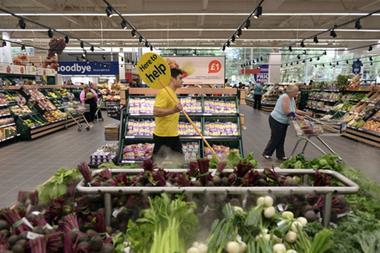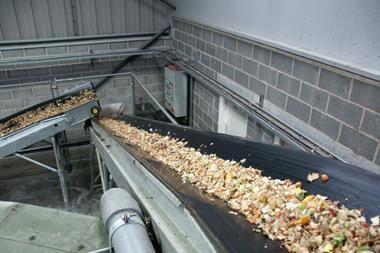Two million turkeys, five million Christmas puddings and 74 million mince pies. This isn’t a national shopping list, but a rundown of the food wasted over the festive period last year. Over 50% of food waste is at consumer level and loss is an estimated £12.5bn a year. But it is the pre-consumer waste, specifically perishables, that grabs the headlines, where blame is easier to target.
The issue of pre-consumer food waste is complex in the fresh industry and can be caused by a large number of factors, from rejections due to missing quality specifications, labelling and date-coding errors or simply because product is out of life. Whatever the reason, it’s costing the supply chain significant sums and is now top of the agenda for retailers.
There is a strong appetite for improvement and it is likely to be the retailers that will be the architects of change. A key challenge is ensuring all supply partners are clear and aligned on the quality attributes expected by the customer this includes product quality, packaging, value and service, and establishing if they can constantly deliver on these.
Information flow up and down the supply chain on these factors is vital to the effort to reduce waste. This is not a simple process often it is completed on an ad hoc basis, or at times simply does not happen at all.
Setting out clear specs that involve the supply partners from the outset is essential. Being agile in managing change and variation to that spec in real time to allow product to continue to flow and avoid unnecessary delay or rejection at the final destination will contribute to huge savings.
Harnessing new collaborative technologies that deliver the ability to measure, control and provide feedback on performance on quality at all points across a supply chain will be pivotal to success. With instant access to data, businesses can start to identify where problems are occurring and what actions are needed to improve underperforming areas.
Businesses must overcome the fear of being exposed and penalised by sharing data with supply chain partners if they are to address the root causes of waste and drive improvement.
Jonathan Evans is MD of Muddy Boots Software



















No comments yet